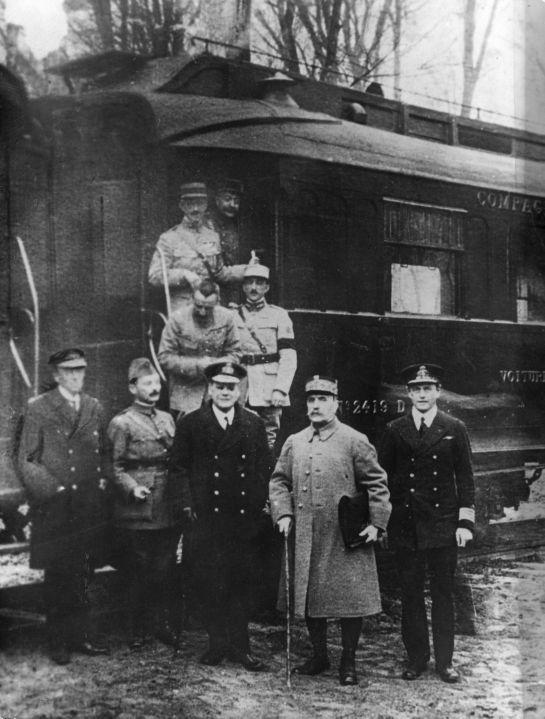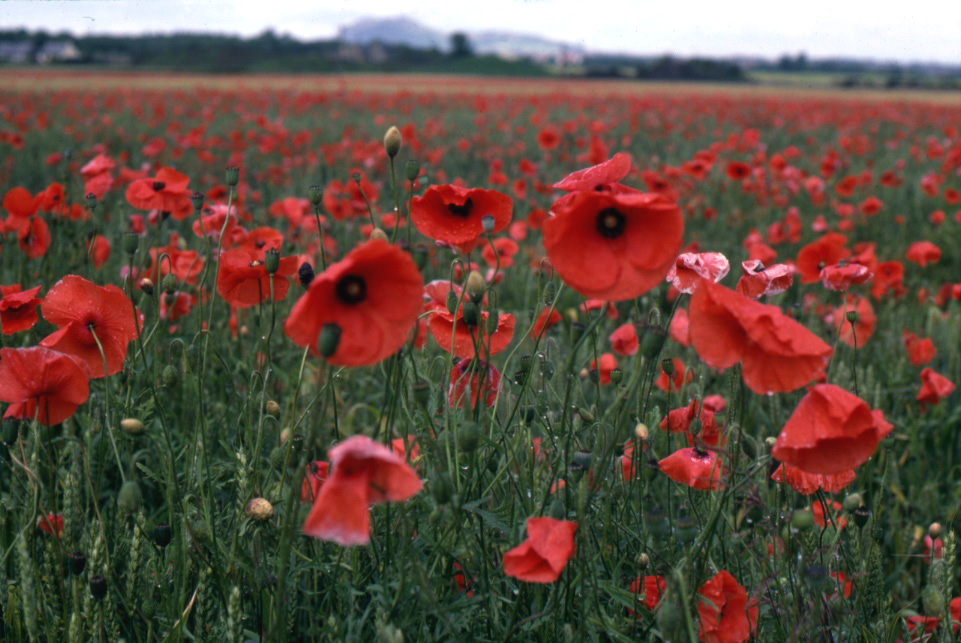|
Cassidy & the Kid, Maybe
 NOVEMBER 7, 1908 - The infamous American bank robbers Butch Cassidy and the Sundance Kid were allegedly killed in San Vicente, Bolivia, after robbing the payroll courier for a local mining company. Cassidy and the Kid, whose real names were Robert Parker and Harry Longabaugh, had escaped to South America in 1901 to avoid capture in the United States. After the payroll courier had been robbed, two bandits were killed in a gunfight with Bolivian soldiers and police. Not knowing who the men were the Bolivian officials buried them in unmarked graves. No DNA evidence has been found to successfully prove that Parker and Longabaugh died in Bolivia and several existing accounts claim the men later returned to the United States. NOVEMBER 7, 1908 - The infamous American bank robbers Butch Cassidy and the Sundance Kid were allegedly killed in San Vicente, Bolivia, after robbing the payroll courier for a local mining company. Cassidy and the Kid, whose real names were Robert Parker and Harry Longabaugh, had escaped to South America in 1901 to avoid capture in the United States. After the payroll courier had been robbed, two bandits were killed in a gunfight with Bolivian soldiers and police. Not knowing who the men were the Bolivian officials buried them in unmarked graves. No DNA evidence has been found to successfully prove that Parker and Longabaugh died in Bolivia and several existing accounts claim the men later returned to the United States.
|
If at First You Succeed, Try Try Again
 NOVEMBER 7, 1944 - Franklin D. Roosevelt, the popular Democratic president who took office during the Great Depression and led the nation throughout most of World War II, was elected for a record fourth term as President of the United States. Prior to Roosevelt seeking a third term in 1940, no U.S. president had served more than two terms based on a precedent set by George Washington. A presidential term limit was not enacted until the 22nd Amendment passed Congress in 1947 and was ratified in 1951. Incidentally FDR would serve less than three months of his fourth term before suffering a fatal stroke on April 12, 1945. NOVEMBER 7, 1944 - Franklin D. Roosevelt, the popular Democratic president who took office during the Great Depression and led the nation throughout most of World War II, was elected for a record fourth term as President of the United States. Prior to Roosevelt seeking a third term in 1940, no U.S. president had served more than two terms based on a precedent set by George Washington. A presidential term limit was not enacted until the 22nd Amendment passed Congress in 1947 and was ratified in 1951. Incidentally FDR would serve less than three months of his fourth term before suffering a fatal stroke on April 12, 1945.
|
|
The Eleventh Hour
 NOVEMBER 11, 1918 - At 11:00 am the armistice treaty between the Allies and Germany took effect, marking the end of World War I. The treaty was signed inside a railway car in the Compiègne Forest in France. It marked the end of the conflict that began on June 28, 1914 and left more than 15 million dead. Incidentally during World War II Germany and France signed an armistice treaty in the same railway car in Compiègne Forest on June 22, 1940. The second treaty was signed after Germany had won a decisive victory and established German control over Northern France. German leader Adolf Hitler intentionally chose to sign the treaty in the same railway car in an effort to humiliate the French. NOVEMBER 11, 1918 - At 11:00 am the armistice treaty between the Allies and Germany took effect, marking the end of World War I. The treaty was signed inside a railway car in the Compiègne Forest in France. It marked the end of the conflict that began on June 28, 1914 and left more than 15 million dead. Incidentally during World War II Germany and France signed an armistice treaty in the same railway car in Compiègne Forest on June 22, 1940. The second treaty was signed after Germany had won a decisive victory and established German control over Northern France. German leader Adolf Hitler intentionally chose to sign the treaty in the same railway car in an effort to humiliate the French.
|
|
In Flander's Field

Lieutenant-Colonel John McCrae, a Canadian Medical Officer who fought during the First World War, is best remembered today for a poem he authored in May 1915. While serving at a medical station near Ypres, Belgium, an area traditionally called Flanders, McCrae witnessed some of the fiercest fighting of the war. On the day following the death of his friend and fellow soldier Lt. Alexis Helmer, McCrae wrote his now famous work as an expression of his anguish over the loss of his friend and a reflection of his surroundings -- wild Poppies growing amid simple wooden crosses marking makeshift graves. His poem was first published later that year in the British magazine Punch. The words of his poem expressed the fear of many soldiers who fear that they will be forgotten and that their death will have been in vain. In November 1918 an American teacher named Moina Michael read McCrae's poem and made a personal pledge to always "wear a red poppy of Flanders Fields as a sign of remembrance and as an emblem for keeping the faith with all who died." Others followed suit and soon the red poppy became a symbol of remembrance of those who have died in war. Each year, in Canada and throughout the Commonwealth states of the United Kingdom, red poppies are worn during the week leading up to Remembrance Day (Veteran's Day in America) in honor of those who have died.
In Flanders fields the poppies blow
Between the crosses, row on row,
That mark our place; and in the sky
The larks, still bravely singing, fly
Scarce heard amid the guns below.
We are the Dead. Short days ago
We lived, felt dawn, saw sunset glow,
Loved and were loved, and now we lie
In Flanders fields.
Take up our quarrel with the foe:
To you from failing hands we throw
The torch; be yours to hold it high.
If ye break faith with us who die
We shall not sleep, though poppies grow
In Flanders fields.
|
|
"War is an ugly thing, but not the ugliest of things. The decayed and degraded state of moral and patriotic feeling which thinks that nothing is worth war is much worse. The person who has nothing for which he is willing to fight, nothing which is more important than his own personal safety, is a miserable creature and has no chance of being free unless made and kept so by the exertions of better men than himself."
|
Veteran's Day Poppies
 Remember to wear a red poppy this Veteran's Day in honor of all the brave men and women of the military who sacrificed their lives for this great country of ours. Remember to wear a red poppy this Veteran's Day in honor of all the brave men and women of the military who sacrificed their lives for this great country of ours.
If you don't have a poppy you can learn to make a simple felt version here.
|
Historical Archives
Read past editions of our This Week in History newsletter any time in our Archives.
|
Hirschi Law Group, PLLC assists clients with Estate Planning, Probate, Business Law, and Income Tax preparation. To schedule a consultation call: 602/346.3409
|
This Week in History is a weekly newsletter produced by Hirschi Law Group, PLLC. The content shared herein is for information and entertainment purposes only. All photographs, artwork, and original content generated by others featured in this newsletter are the property of the respective copyright owners.
|
|